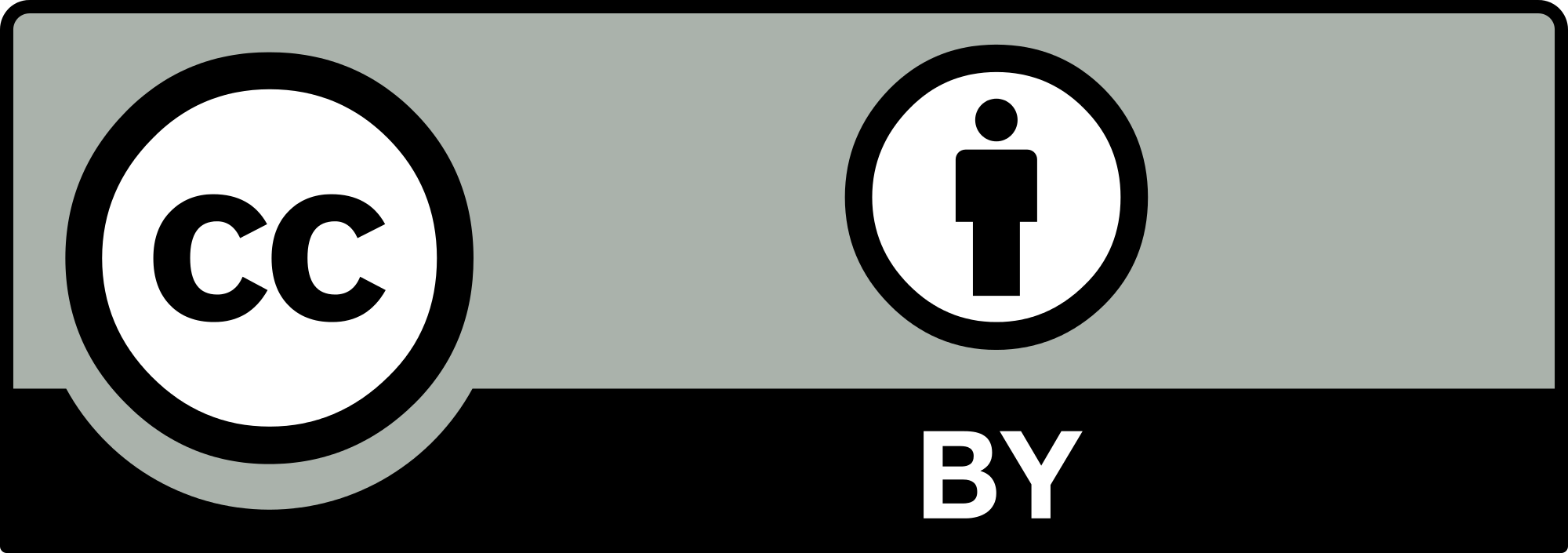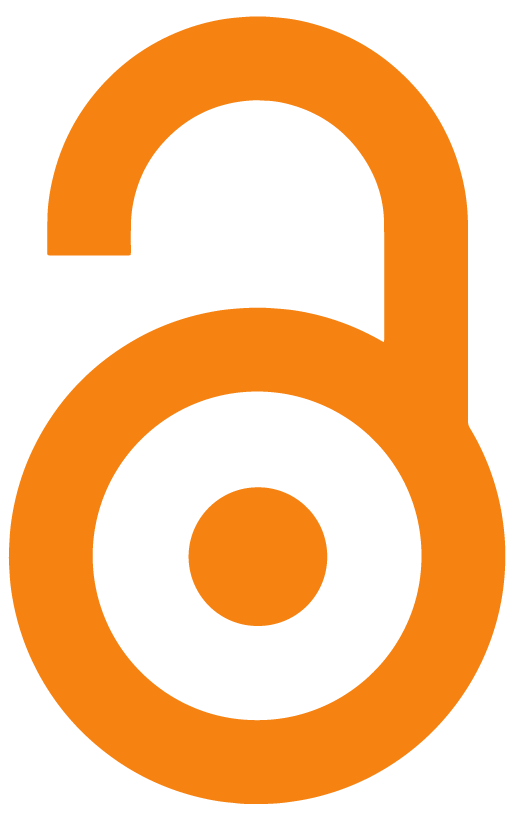
Indexing is of paramount importance in publishing, especially when it comes to journals. Driven by institutional mandates, university departments, and an insistence that faculty only receive credit when publishing in journals listed in specific indices, it is clear that indexing has become a necessity for the survival of a journal. In an age where the market is flooded with journals competing to publish the highest caliber of work and the latest innovative research, indexing is a further mark of credibility, validating the existence of the journal and its objective.
However, becoming indexed in one of the premier indices is a long and exhaustive process. Journals must first meet and surpass the index's selection criteria, which is where Open Access can come into play. Open Access affords journals a better shot at indexing as it supports one of the main criteria – that of usage and citations.
Below we discuss the process of journal indexing, the ways in which Open Access can support it, and steps authors can take now to help.
What is Indexing?
Indexing is the process by which academic research in the form of journals, books, conference notes, etc. are added to databases as a way of furthering its impact and increasing its use in the academic community. Indexed journals are considered to be of higher quality than non-indexed journals. IGI Global’s scholarly journals are indexed in prestigious indices such as Web of Science, Scopus, Ei Compendex, Inspec, ERIC, and PsycINFO, just to name a few.
What are the Main Indexing Criteria?
Although all these indices have their own criteria for journal and book selection, the basic indexing requirements include:
- Publication of high-quality content with more research forthcoming
- Timeliness of publication
- Quantitative citation data with low self-citation rates
- Diverse authorship
- Journal has been established for two or more years

As an example of the index review process, the
selection criteria for Web of Science, one of the major indices that many institutions require their scholars to be published in, can be used. When a journal is first submitted to Web of Science (by the publisher), it must go through an initial triage, an editorial triage, and an editorial evaluation on quality. After the editorial evaluation on quality, there is also an editorial evaluation on impact. This final evaluation decides if a journal will be accepted into the Social Sciences Citation Index (SSCI), the Science Citation Index Expanded (SCIE), or the Arts & Humanities Citation Index (AHCI) – sometimes referred to as the flagship indices as they provide the Impact Factor.
In the editorial evaluation for impact, the Web of Science editors are looking to select the most influential journals in a given field of research using the journal’s citation activity. Note that if a journal does not pass this step, it is subjected to a two-year embargo from re-submission to work on improvements. In this step, they look at:
- the comparative citation analysis
- author citation analysis
- editorial board citation analysis
- content significance
The only way for a manuscript to pass the editorial evaluation is to increase its citation impact and its reach within the academic community, making the citation rate of the journal one of the most important aspects for its indexing eligibility. Moreover, the citation impact of the journal can also cause it to lose its indexing status, should the journal’s rate decline. Thus, the indexing potential of a journal is directly impacted by the usage of its contents.
How Does Open Access Help?
As discussed above, one of the main criteria examined by indices is the citation impact of a journal. Articles that are behind a paywall typically have lower citation rates simply because the accessibility of the article is lower as readers must either purchase the article to use it, or must have access to the article through their university library, etc. These articles are typically referred to as subscription based.

However, Open Access articles are published with a Creative Commons Attribution 4.0 International (CC BY 4.0) licensing arrangement. This means:
- The copyright for the work remains solely with the author(s) of the manuscript.
- The article is free for electronic download by anybody at any time.
- Others may distribute, remix, tweak, and build upon the work, even commercially,
without asking prior permission from the publisher or author and so long as they credit the
author for the original creation.
Published OA manuscripts have a higher discoverability, recognition, and citation rate. They are less restrictive and can reach a wider professional community which leads to more opportunities for networking and collaboration. Under Open Access, the author(s) can:
- Post the final typeset PDF of the article to a secure personal website.
- Post the final typeset PDF of the article on university repository sites.
- Share the formally accepted and planned for publication (pre-publication posting).
- Post the article on general open access sites and repositories such as ResearchGate, arXiv,
Academia.edu, SSRN, or society-sponsored sites. - Use the article in a course pack.
- Give the article to a third party to post, copy, distributed, sell, or give for free or for any monetary consideration.
- Republish the article in a future publication.
The sharing capabilities of an Open Access article thus clearly surpass those of a subscription-based article, as subscription-based articles, under
IGI Global’s Fair Use Policy, can only:
- Post the final typeset PDF of the article to the author’s secure personal website.
- Post the final typeset PDF of the article on the author’s university repository site.
- Post the title and abstract of the article – NOT the full article – on general sites such as ResearchGate, Academia.edu, etc.
Open Access thus provides sharing advantages that subscription-based articles do not have. Widely circulating the full article across the internet and amongst peers increases its chances of being used, which in turn, increases the journal’s citation rate, allowing it to either remain in premier indices or be included in them.
 | | Why You Should Publish Under Open Access With IGI Global | - Join a Diverse Community of 150,000+ Researchers Worldwide Publishing with IGI Global
- Easily Track Your Work in Our Advanced Manuscript Submission System with Rapid Turnaround Times
- Double-Blind Peer Review by Notable Editorial Boards (Committee on Publication Ethics (COPE) Certified)
- Affordable APCs (Often 50% Lower Than the Industry Average) Including Robust Editorial Service Provisions
- Publications Adhere to All Current OA Mandates and Compliances
- Institution Level OA Agreements Available (Recommend or Contact Your Librarian for Details)
- 175+ Highly Indexed Journals to Choose From (Gold, Platinum, & Retrospective OA Opportunities)
- Content Spread Widely to Leading Repositories (AGOSR, ResearchGate, CORE, & more)
- Direct Connections with Prominent Research Funders & OA Regulatory Groups
|
| |
|
|
|
| Submit to IGI Global’s Highly Indexed Journals Included in Web of Science SCIE and/or SSCI | |
|
How Can Authors Increase Citation Impact Using Open Access?
Authors can play a role in supporting a journal’s impact by publishing under Open Access and sharing their article as widely as possible. Thus, authors, in addition to Editor(s)-in-Chief of the journal and the Editorial Review Board, can assist with the journal’s citation rate by:
- Publishing under an Open Access model.
- Converting a previously published article to Open Access (retrospective Open Access).
Learn More > - Sharing the journal with their libraries.
- Sharing the journal/article with their colleagues
and students. - Sharing the article on their personal websites.
- Sharing the article to their social media.
- Posting the article in their university’s
institutional repository. - Sharing the article on ResearchGate, Academia.edu, SSRN, arXiv, and other
general sites. - Posting the article in relevant Open Access directories and repositories.
- Using the article/journal in their courses.
- Creating/connecting an ORCID iD to the article.
Authors also benefit when a journal that their article was published in is newly indexed. Even if the article was published prior to the journal being indexed, it will also receive the advantages that come with being indexed – recognition, credibility, and visibility. Moreover, their support in maintaining and increasing a journal’s citation impact helps already indexed journals remain in those premier indices. Thus, it is imperative that authors support a journal in its indexing journey.
If You Do Not Publish Under Open Access with Creative Commons Licensing What Rights Do You Have?
Many researchers may not know their rights to share their work or understand their contract/copyright limitations. It is important to understand how work being published under Creative Commons licensing differs from publications that are published under standard access where the copyright for the work is held by the publisher.
For subscription-based or standard access (non-open access) publications, which are traditionally held under copyright law, authors and editors will sign an Author's Warranty and Transfer of Copyright Agreement. This agreement transfers the copyright to the publisher, meaning that the publisher has full rights to the publication’s verbatim text (however, copyright protects the expression of an idea, but not the idea itself – so not the intellectual property – ideas, principles, concepts, etc.). Copyright laws vary from country to country and a publisher such as IGI Global based in the United States of America adheres to U.S. Copyright Law.
Copyright infringement essentially means using some or all of a copyrighted work without the original creator’s permission, or without an exception that allows one to use such work. However, when work is published under a Creative Commons license, most often (depending on the license) there is no need for securing such permission and so long as the work is being properly attributed, it is fine to utilize.
Understanding that copyright restriction can narrow an author’s ability to share their work, many publishers do offer Fair Use Policies that ensure some level of flexibility for authors. For instance,
IGI Global’s Fair Use Policy does allow copyrighted work to be deposited in some places such as institutional repositories, so long as they are not open access repositories.
In order to take advantage of sharing capabilities and publishing under open access, learn more
here.
Conclusion
Open Access publishing is an invaluable asset to a journal’s potential to be indexed by prestigious indices that include the Web of Science and Scopus. All stakeholders of a journal, from the Editor-in-Chief to the article authors benefit when a journal is indexed regardless of whether their participation in the journal was in the past or is current. At any time, a journal could be considered for a new index, or it could be at risk of losing its standing in an index. Thus, it is highly encouraged that journal contributors make every effort to publish under Open Access models, share the journal’s content as widely as possible, and consider investing in retrospective Open Access, where past published articles can be converted to the Open Access model at a discounted Article Processing Charge (APC).
For more information about Open Access publishing or to convert your published article to Open Access, please contact the Open Access Division at
openaccessadmin@igi-global.com.
About IGI Global
Founded in 1988, IGI Global, an international academic publisher, is committed to producing the highest quality research (as an active full member of the Committee on Publication Ethics “COPE”) and ensuring the timely dissemination of innovative research findings through an expeditious and technologically advanced publishing process. Through their commitment to supporting the research community ahead of profitability, and taking a chance on virtually untapped topic coverage, IGI Global has been able to collaborate with over 150,000+ researchers from some of the most prominent research institutions around the world to publish the most emerging, peer-reviewed research across 350+ topics in 11 subject areas including business, computer science, education, engineering, social sciences, and more.
Learn More About IGI Global >
Newsroom Contact
Emma Baronak
(717) 533-8845 ext. 183
ebaronak@igi-global.com
www.igi-global.com
Browse for more posts in:
Author NewsNewsletterAcquisitions